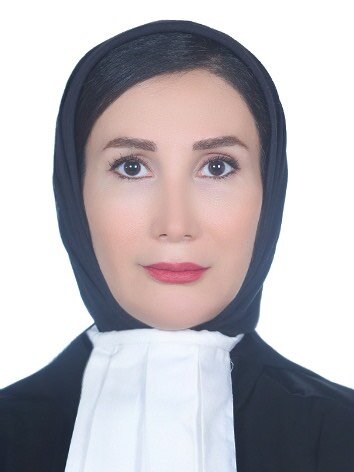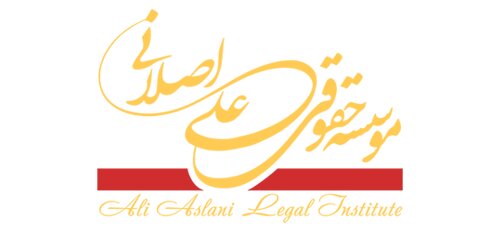Best Child Visitation Lawyers in Iran
Share your needs with us, get contacted by law firms.
Free. Takes 2 min.
Free Guide to Hiring a Family Lawyer
Or refine your search by selecting a city:
List of the best lawyers in Iran
About Child Visitation Law in Iran:
Child visitation in Iran is governed by the Civil Code and the Islamic law principles known as Sharia. In Iran, child visitation rights are typically granted to the non-custodial parent, allowing them to spend time with their child on scheduled visitation days. These visitation rights are important for maintaining the bond between the child and the non-custodial parent.
Why You May Need a Lawyer:
There are several situations where you may need a lawyer to assist with child visitation matters in Iran. Some common reasons include disputes between parents regarding visitation schedules, enforcement of visitation rights, modification of visitation orders, or seeking legal assistance in the case of relocation or international visitation.
Local Laws Overview:
In Iran, child visitation is typically determined by the court based on the best interests of the child. The court may consider factors such as the child's age and preferences, the parents' ability to provide for the child, and the existing relationship between the child and each parent. Visitation schedules may be flexible and can be adjusted based on the circumstances of the parents and the child.
Frequently Asked Questions:
1. Can grandparents have visitation rights in Iran?
In Iran, grandparents may have visitation rights if it is deemed to be in the best interests of the child. However, these rights are typically secondary to the rights of the parents.
2. Can visitation schedules be modified in Iran?
Yes, visitation schedules can be modified in Iran if there is a significant change in circumstances that warrants a modification. It is important to seek legal assistance when requesting a modification from the court.
3. What if one parent wants to move abroad with the child?
If one parent wants to move abroad with the child, they must seek permission from the court. The court will consider factors such as the impact of the move on the child's relationship with the non-custodial parent before making a decision.
4. How can I enforce visitation rights in Iran?
If the custodial parent is not allowing the non-custodial parent to exercise their visitation rights, legal assistance may be needed to enforce the visitation order. The court can take action to ensure that visitation is being honored.
Additional Resources:
For more information on child visitation rights in Iran, you can contact the Iranian Bar Association or the Ministry of Justice. These organizations may provide additional resources and guidance on navigating child visitation issues.
Next Steps:
If you require legal assistance with child visitation matters in Iran, it is important to consult with a qualified family law attorney who is familiar with the local laws and procedures. An attorney can provide guidance on your rights, help navigate the legal process, and advocate on your behalf in court if necessary.
Lawzana helps you find the best lawyers and law firms in Iran through a curated and pre-screened list of qualified legal professionals. Our platform offers rankings and detailed profiles of attorneys and law firms, allowing you to compare based on practice areas, including Child Visitation, experience, and client feedback.
Each profile includes a description of the firm's areas of practice, client reviews, team members and partners, year of establishment, spoken languages, office locations, contact information, social media presence, and any published articles or resources. Most firms on our platform speak English and are experienced in both local and international legal matters.
Get a quote from top-rated law firms in Iran — quickly, securely, and without unnecessary hassle.
Disclaimer:
The information provided on this page is for general informational purposes only and does not constitute legal advice. While we strive to ensure the accuracy and relevance of the content, legal information may change over time, and interpretations of the law can vary. You should always consult with a qualified legal professional for advice specific to your situation.
We disclaim all liability for actions taken or not taken based on the content of this page. If you believe any information is incorrect or outdated, please contact us, and we will review and update it where appropriate.
Browse child visitation law firms by city in Iran
Refine your search by selecting a city.
















